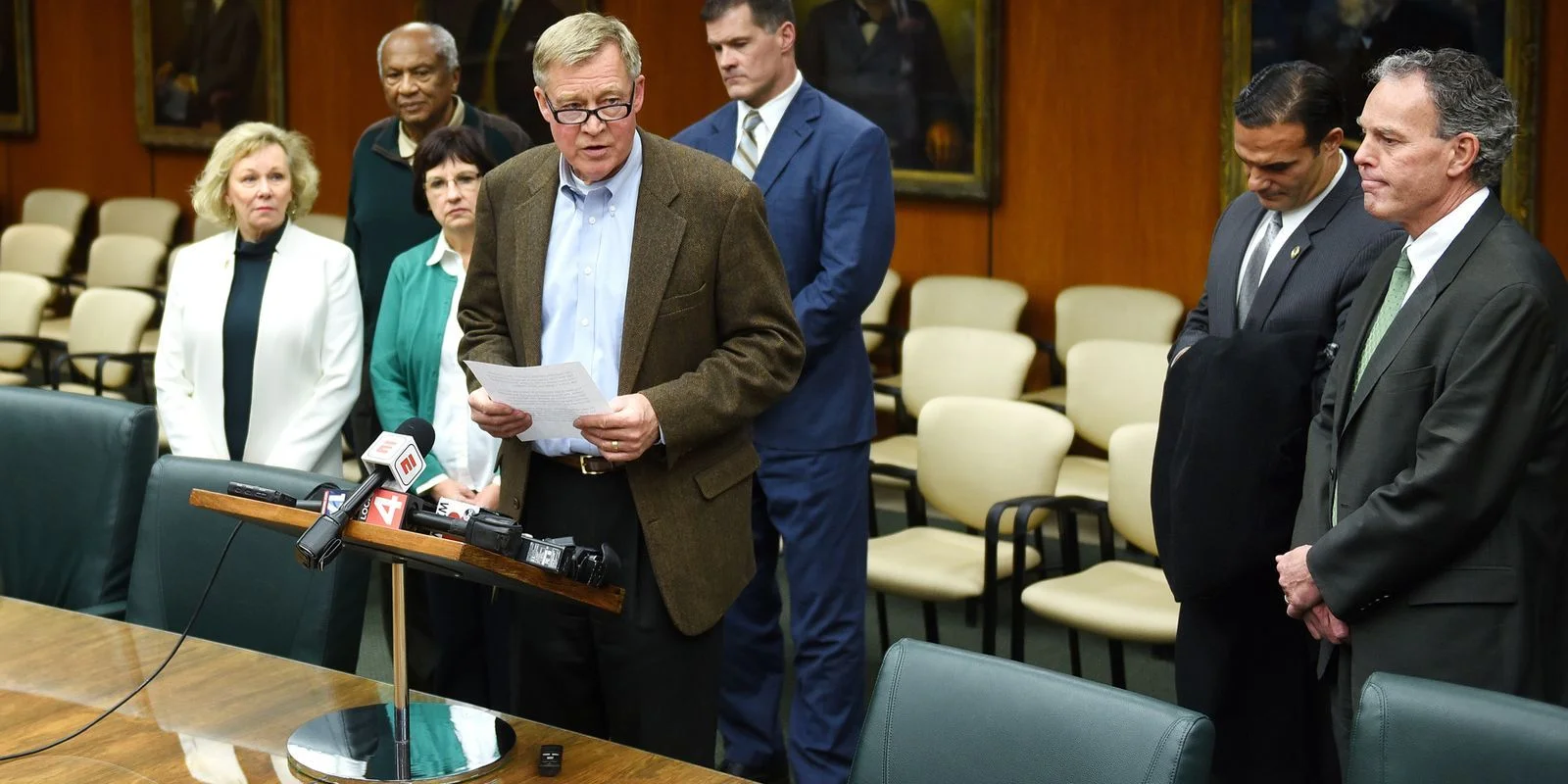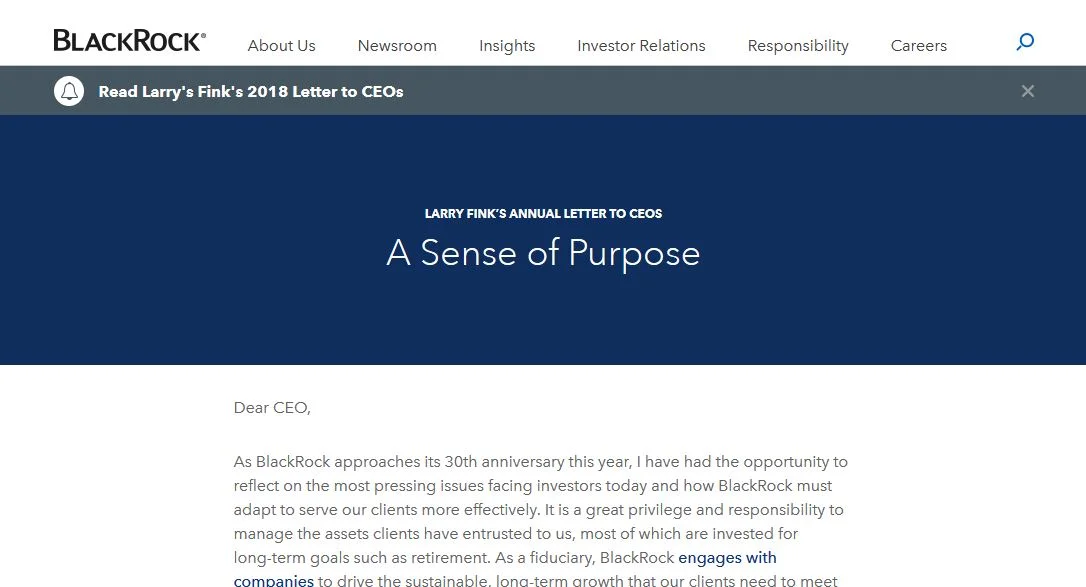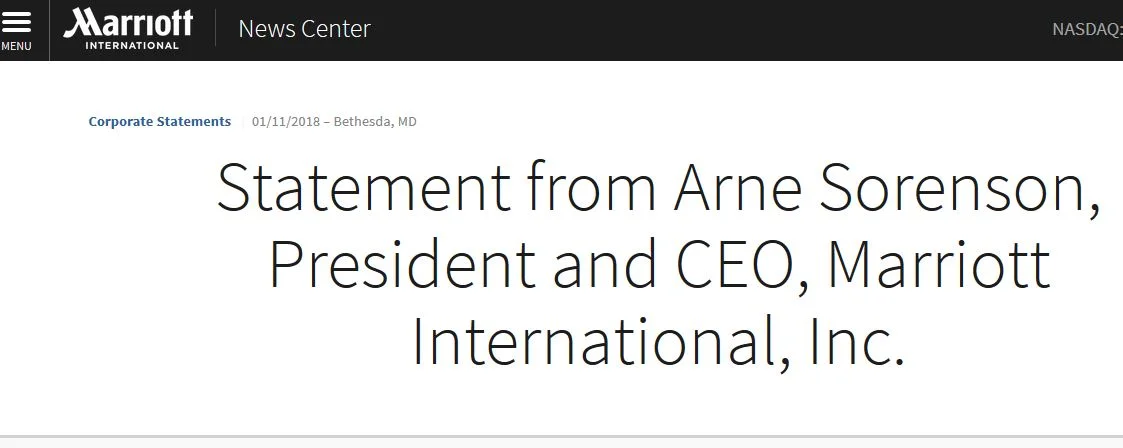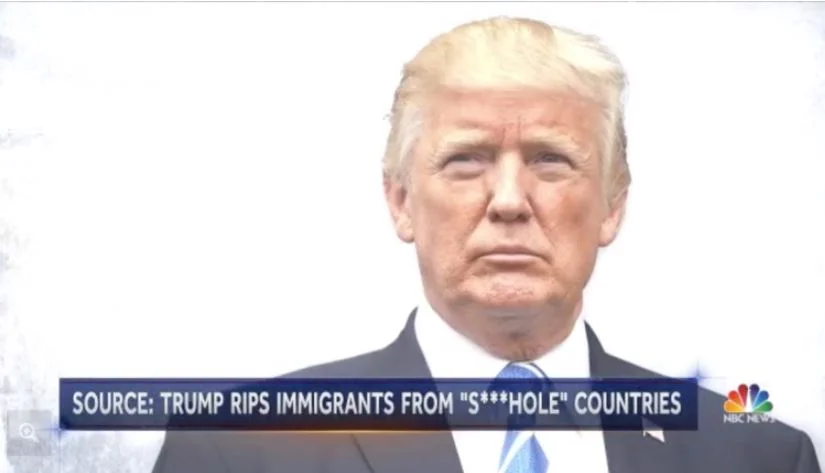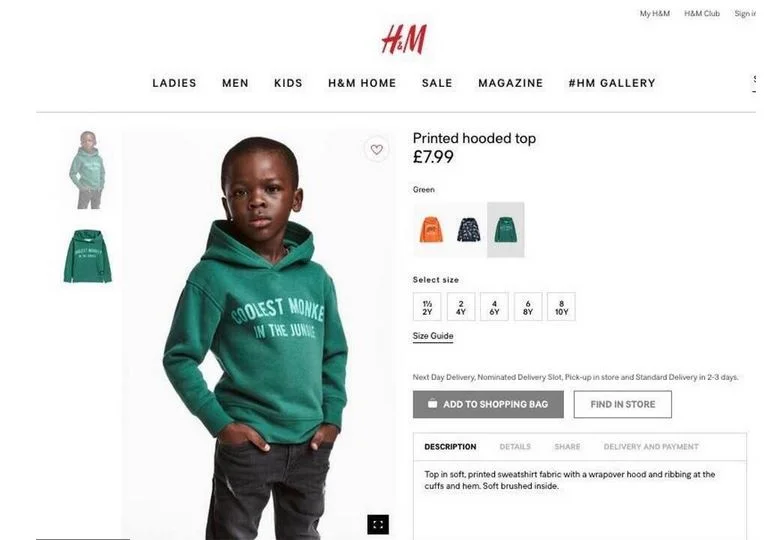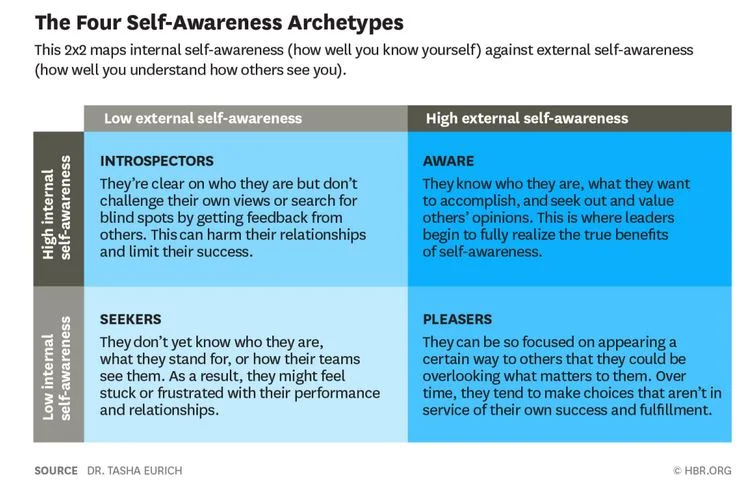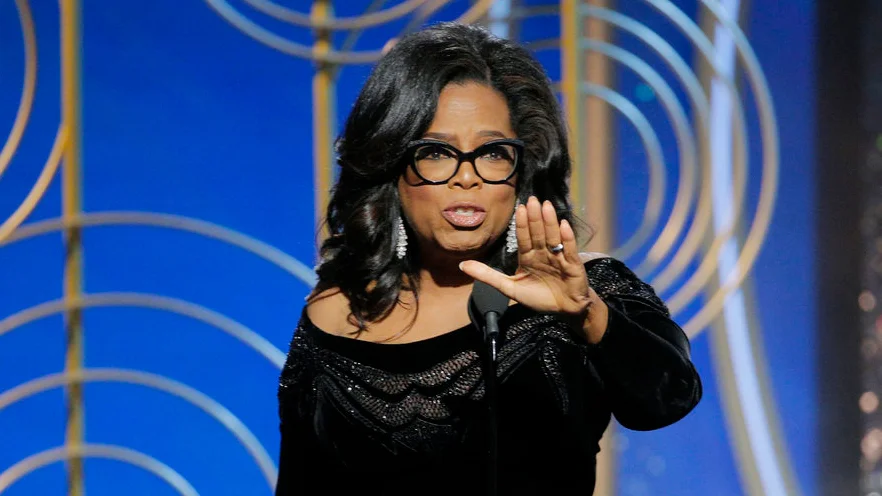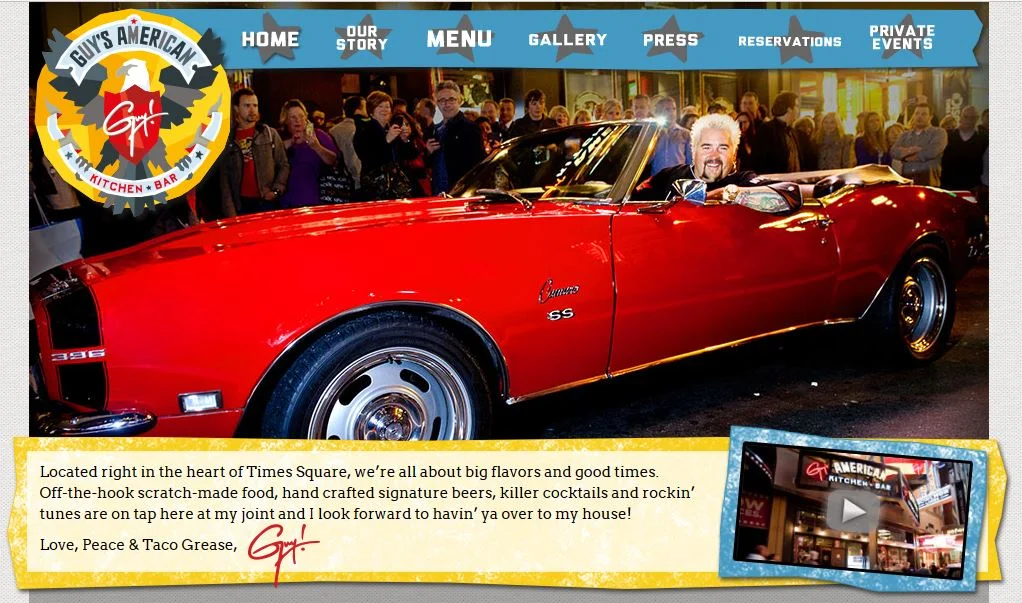No More "Chief Wahoo" for Cleveland Indians
The Cleveland Indians has decided to remove its controversial logo, Chief Wahoo. Baseball Commissioner Rob Manfred encouraged the team to change the design on its uniforms, where it had been placed since 1948.
Although some fans feel attached to the logo, others feel, as a New York Times article describes, "the use of ethnic groups as mascots and nicknames for teams is demeaning."
Manfred explained the decision in a statement:
"Major League Baseball is committed to building a culture of diversity and inclusion throughout the game. Over the past year, we encouraged dialogue with the Indians organization about the club's use of the Chief Wahoo logo. During our constructive conversations, [Indians owner] Paul Dolan made clear that there are fans who have a long-standing attachment to the logo and its place in the history of the team.
"Nonetheless, the club ultimately agreed with my position that the logo is no longer appropriate for on-field use in Major League Baseball, and I appreciate Mr. Dolan's acknowledgement that removing it from the on-field uniform by the start of the 2019 season is the right course."
Groups are pressuring the Washington Redskins and Atlanta Braves to change their names.
Discussion:
- Do you find the Chief Wahoo symbol offense? Why or why not? If not, how would you describe the position of those who do?
- Did the Cleveland Indians make the right decision? Some believe Manfred overstepped by pressuring the team. What are your thoughts?
Call for Gymnastics Board to Resign
As female athletes are recognized in a full-page newspaper ad for their courage in telling their stories of abuse, the U.S. Olympics CEO is calling for the entire USA Gymnastics board to resign by Wednesday.
In an open letter to Team USA Athletes, CEO Scott Blackman apologized and identified four next steps:
1. We Must Change the Culture of the Sport.
2. We Must Change the Governance Structure of the NGB.
3. We Must Know Who Knew What and When.
4. We Must Support Safe Sport Victims and Survivors.
Three members of the board already resigned, but critics say that is not enough. Blackman doesn't accuse any board members of knowing about abuse, but he says the culture must change and this is the best way to achieve that change.
Discussion:
- What is the value of asking for the entire board's resignation? What, perhaps, are the limitations?
- What should the board do?
- How else can Blackman and the rest of the Olympics Committee make athletes feel safe again?
Toys "R" Demonstrates Vulnerability in Message to Customers
Struggling with competition from Amazon and Wal-Mart, retailer Toys "R" Us will close 1,600 stores to try to stay in business. The news follows the bankruptcy filing in September and may be the company's last chance.
In a message to customers posted on the website, Chairman and CEO David Brandon delivers the bad news and demonstrates vulnerability:
In addition to the update, Brandon confirms, in bullets, two issues that may be most relevant to customers now:
- We are open for business and ready to serve you.
- We are honoring customer programs.
Discussion:
- Read the entire message to customers. What are Brandon's objectives, and how well does he meet them?
- How does Brandon demonstrate learning from failure and vulnerability?
- Assess the message organization and writing style. What works well, and what could be improved?
MSU President's Resignation Letter
After calls for her resignation, Lou Anna Simon, the 13-year Michigan State University president submitted her letter. She could not escape criticism that she knew of Dr. Larry Nassar's sexual abuse of students and didn't do enough. Simons admitted encouraging an investigation and not receiving the final report. Reports also say that at least 14 university staff members received complaints about Nassar over two years.
Although most of the board initially supported her, students and others did not, and in the end, the board chair wrote, "We agree with Dr. Simon that it is now time for change."
Simon's letter is a mix of sympathy for the victims, love for the college, and defeat. In this paragraph, she focuses on blame:
As tragedies are politicized, blame is inevitable. As president, it is only natural that I am the focus of this anger. I understand, and that is why I have limited my personal statements. Throughout my career, I have worked very hard to put Team MSU first. Throughout my career, I have consistently and persistently spoken and worked on behalf of Team MSU. I have tried to make it not about me. I urge those who have supported my work to understand that I cannot make it about me now. Therefore, I am tendering my resignation as president according to the terms of my employment agreement.
Discussion:
- Critics say Simon shifts accountability in her letter, particularly the paragraph above. What's your view?
- Did Simon make the right decision? Why or why not?
- What should the university do to help the campus recover from this situation? How can they rebuild trust and make MSU feel like a safe place?
Fudging Numbers to Make the NYC Subway Look Better
New York Governor Andrew Cuomo's staff is criticized for inflating power-related issues as the cause of subway failures. Transit officials apparently broadened the definition of power issues so that Con Edison, the local utility company, would be given more of the blame when subways aren't running. Emails were discovered before Governor Cuomo was scheduled to give a breakfast talk, during which he said the number of outages due to power failures was 32,000 in the past year, while the actual number was more like 8,000:
When you we're a kid and you had a train set you had to plug it in. We have to plug in the MTA every morning and the MTA does not control the power supply to the MTA. Over the last 12 months, 32,000 delays because of power related issues and they can either be a power surge or power shortage, but 32,000 delays. The MTA doesn't control the power, Con Edison does. Con Edison has a duty to safely, prudently and effectively provide electricity that powers the subway system. Con Ed is a regulated utility under the state's Public Service Commission. April 21 after the last outage I ordered an investigation of the Con Ed infrastructure after a particularly devastating failure. The investigation goes on but PSC has already found that Con Ed must make immediate and significant improvements in this system because the reliability depends on it.
The chief of staff of the transit agency wrote in an email that they were "looking for a higher delay number for power." The expanded definition was that ConEd "caused or contributed to" delays. One example is when a person jumps or falls onto the tracks; ConEd will shut off the power for safety. With the new definition, the delay becomes ConEd's fault.
Discussion:
- We certainly can use numbers to our advantage when trying to persuade others. How does this situation "cross a line"?
- What should Governor Cuomo do now? What, if any, statement would be appropriate?
- Do you remember "Bridegate" in New Jersey? How is this situation similar or different?
Morgan Stanley Clarifies a Termination
In December, a female reporter accused a former congressman who was hired as a managing director at Morgan Stanley of sexual harassment. Morgan Stanley fired Harold Ford Jr., and he lost his gig as a frequent commentator on MSNBC.
Ford had maintained his innocence, and now, the company is saying Ford was not terminated for sexual harassment but was let go because of other misconduct:
" Morgan Stanley would like to clarify the circumstances of Mr. Ford’s departure. We take allegations of inappropriate conduct seriously, The press has reported that Mr. Ford was terminated for sexual misconduct. He was not. We have not received any internal allegations of sexual harassment or misconduct involving him either before or after his separation became public. As previously stated, his separation was based on corporate policy.”
The statement is curious because it mentions only internal allegations—or maybe I'm reading into it too much.
Discussion:
- How do you read the statement and possible distinction between internal and external?
- Why would Morgan Stanley issue such a statement two months after Ford's termination?
How Well Can People Rate News "Credibility"?
Facebook has a solution to its fake-news problem: allow users to assess stories' credibility and trustworthiness. Stories rated more highly will get higher ranks in newsfeeds.
In a Facebook post, Mark Zuckerberg explained the plan:
Here's how this will work. As part of our ongoing quality surveys, we will now ask people whether they're familiar with a news source and, if so, whether they trust that source. The idea is that some news organizations are only trusted by their readers or watchers, and others are broadly trusted across society even by those who don't follow them directly. (We eliminate from the sample those who aren't familiar with a source, so the output is a ratio of those who trust the source to those who are familiar with it.)
Critics call the move "time-wasting stupidity":
So people get to rate the credibility of news. Based on what?
The answer is easy. People will believe any story that presents a view they want to hear.
Is there a point to this?
Sure, Facebook wants people to waste still more time on Facebook debating what is or isn't fake new [sic].
Rating news stores based on credibility is time-wasting silliness.
That's precisely why Facebook introduced the feature. Don't fall for it.
Discussion:
- Business communicators may have some questions as well. What principles of research and source credibility are in question here? What do we know about how people interact on social media that may jeopardize Facebook's plan?
- On the other hand, what is positive about the plan?
- On balance, are you more optimistic or pessimistic about Facebook's ability to reduce fake news?
- Assess Zuckerberg's writing skills in the full post. How well does he organize the message and communicate his ideas?
- Is this a good or a weak example of Facebook's accountability?
Calls for Michigan State President to Resign
Some believe it's a matter of integrity and accountability; others believe this will start the healing process. In addition to public demands, one Michigan State trustee says it's time for the university president to resign over Dr. Lawrence G. Nassar's sexual abuse of dozens of female athletes.
The rest of the university trustees have shown public support for the president, Lou Anna Simon. In a statement, they said, "President Simon is the right leader for the university, and she has our support." But the sole trustee, Mitch Lyons, disagrees:
“I don’t feel that President Simon can survive the public outcry that has been generated by this tragedy. I feel that our best recourse is for President Simon to resign immediately in order to allow the healing process to begin."
According to a Detriot News story, several university officials, including the president, heard complaints about Nassar. Simons admits, “I was informed that a sports medicine doctor was under investigation. I told people to play it straight up, and I did not receive a copy of the report. That’s the truth.” People question her judgment in not seeing the final report, particularly given the recent explosive case at Penn State University. We will see what happens next.
Discussion:
- Should Simon resign? Why or why not?
- What does it take for Lyons to break rank with the rest of the trustees? How would you describe the possible dynamics on the board?
- How does such abuse go on for so long? About 140 women complained about Nassar when he was working with Olympic athletes, and at least eight students came forward at the Michigan State.
- At the end of the trustees' statement, a reporter asks, "Why no questions?" But the board leaves the room without saying anything. Should they have taken questions? Why or why not?
Sonic Restaurant Tailors Communication
A New York Times article describes Sonic Drive-In's approach to different communication styles:
"... colors near employees’ nameplates signal their preferred communication style. Red means be brief, and blue suggests that people provide more detail."
This is a simple, creative way for employees to ask to be communicated with in a way that works for them. You might also see how this could benefit communication with customers and help employees tailor their own preferred style. It could encourage employees to pay attention to non-verbals, such as moving away or losing attention, that signal someone is talking too much. The colors also reinforce the brand.
We know that responsibility for communication is shared, yet this puts added pressure on the person conveying a message. How do you shorten your own style if you're verbose? How do you add detail if you're typically concise?
Discussion:
- How would you describe yourself: blue or red?
- Think of a time when your style didn't match that of another person. In what ways were you able to adjust, and what was difficult for you?
Shark Tank Episode Illustrates Lack of Listening and Humility
The owners of Birddogs didn't do very well on Shark Tank. In Season 9, Episode 14, investors grilled the makers of gym shorts with built-in underwear and were skeptical about their responses.
At some point, Kevin O'Leary stopped the discussion to ask how they thought things were going. They didn't say much at that point, but viewers knew the answer: they probably wouldn't get a deal. At the end, Daymond John, the clothing expert and most likely partner, said, "You were also telling us about how you're better than everybody else. . . . I think it's a very elitist attitude, and I just wouldn't be able to work with you."
The entrepreneurs spoke in generalities about how their marketing was better than that of anyone else. They also claimed a 40% email marketing open rate, while their competitors had only 4%, which the sharks didn't believe.
When Lori Greiner was asking questions, one of the owners kept trying to jump in. He didn't demonstrate good listening skills.
Perhaps the worst of it was at the end. In closing, one of the men was incredulous about why they didn't get a deal.
Discussion:
- Watch the episode (available on Hulu). How well do you think the team handled the pitch? Do you share the sharks' view that they were arrogant and that their numbers "didn't add up"?
- How do you assess their presentation skills? What would have improved their delivery?
- How could they have listened and demonstrated humility? Try to give specific examples.
BlackRock Encourages "A Sense of Purpose"
BlackRock CEO Larry Fink is encouraging companies to be more socially responsible. In his annual letter, the investment firm CEO describes the increasing wealth disparity in the United States:
"We are seeing a paradox of high returns and high anxiety. Since the financial crisis, those with capital have reaped enormous benefits. At the same time, many individuals across the world are facing a combination of low rates, low wage growth, and inadequate retirement systems. Many don’t have the financial capacity, the resources, or the tools to save effectively; those who are invested are too often over-allocated to cash. For millions, the prospect of a secure retirement is slipping further and further away – especially among workers with less education, whose job security is increasingly tenuous. I believe these trends are a major source of the anxiety and polarization that we see across the world today."
Fink is encouraging more engagement of shareholders and a focus on creating long-term value:
"Companies must ask themselves: What role do we play in the community? How are we managing our impact on the environment? Are we working to create a diverse workforce? Are we adapting to technological change? Are we providing the retraining and opportunities that our employees and our business will need to adjust to an increasingly automated world? Are we using behavioral finance and other tools to prepare workers for retirement, so that they invest in a way that that will help them achieve their goals?"
But critics say Fink is overstepping. On Squawk Box, Sam Zell said, "I didn't know Larry Fink had been made God."
Discussion:
- What's your view of Fink's position? Is this a good idea, or should he keep his thoughts to himself?
- What are Fink's communication objectives, and how well does he meet them?
- Assess the letter in terms of organization and writing style.
Marriott Apologizes for Mislabeling Chinese Region
Marriott apologized for mistakenly listing Tibet, Macau, Hong Kong, and Taiwan as countries in a drop-down menu under China. This is a controversial issue, which the company has since acknowledged in a statement on its website beginning as follows:
"Marriott International respects and supports the sovereignty and territorial integrity of China. Unfortunately, twice this week, we had incidents that suggested the opposite: First, by incorrectly labelling certain regions within China, including Tibet, as countries in a drop-down menu on a survey we sent out to our loyalty members; and second, in the careless “like” by an associate of a tweet that incorrectly suggested our support of this position. Nothing could be further from the truth: we don’t support anyone who subverts the sovereignty and territorial integrity of China and we do not intend in any way to encourage or incite any such people or groups. We recognize the severity of the situation and sincerely apologize."
Marriott is not alone in the mistake: 24 airlines have similar website configurations. The Marriott situation was complicated by an employee "liking" a post by Friends of Tibet, suggesting that the company supports the independence of Tibet.
The statement goes on to describe what Marriott will do differently in surveys in the future.
Discussion:
- Marriott says the survey was created by another company to which the project was outsourced. They don't say it as an excuse, but is it? What is Marriott's responsibility for oversight?
- How well does the statement express the apology? What, if anything, could be improved?
President Trump Refers to "S---hole" Countries
During a meeting about immigration policy, lawmakers heard President Trump ask why the U.S. would admit people from "s---hole" countries like African countries and Haiti instead of places like Norway.
I have refrained here as have some TV news stations (NBC, shown here), but the major print news outlets—NY Times, Washington Post, and Wall Street Journal—all printed the actual profanity. The New York Times explains the decision:
But several media executives said on Thursday that the news value of Mr. Trump’s remarks, which the White House did not dispute, was undeniable.
“It would be futile to mask the word when the language itself, in reference to Haiti and African countries, was so extraordinary,” said The A.P.’s vice president for standards, John Daniszewski.
Discussion:
- Why would some media outlets use the word, while others avoid it? What does the decision involve?
- Some take issue with the reporting about "vulgar," "crude," or "profane" language, calling for the press to call the president a "racist" instead. What are your thoughts? First, does the comment indicate that he is a racist? Second, should the news agencies report this differently?
- An argument could be made that the president is just being himself, authentic. What do you think of this view?
Intel CEO Warns of Vulnerability, a Little Late
The CEO of Intel has bad news: a patch for a chip vulnerability will slow down computer operations. In an interview with Bloomberg, a technology analyst explains the typical process when finding security issues: companies find a bug and solve it before going public. However, this time, an issue known for perhaps a year went unsolved and was kept quiet—until now.
Bloomberg says chip makers had downplayed the effects of the patch, but CEO Brian Krzanich has finally described the issue:
“We believe the performance impact of these updates is highly workload-dependent. As a result, we expect some workloads may have a larger impact than others. As of now we have not received any information that these exploits have been used to retrieve customer data.”
In other words, the patch works but will slow down operations.
A technology analyst says this is the first time chip makers like Intel have gotten caught needing to admit a potential vulnerability, and it's unclear why it hasn't been fixed before this point.
Bloomberg reports on the secrecy and implications:
“Our first priority has been to have a complete mitigation in place,” said Intel’s Parker. “We’ve delivered a solution.”
Some in the cybersecurity community aren’t so sure. Kocher, who helped discover Spectre [a bug], thinks this is just the beginning of the industry’s woes. Now that new ways to exploit chips have been exposed, there’ll be more variations and more flaws that will require more patches and mitigation.
"This is just like peeling the lid off the can of worms," he said.
Discussion:
- In what ways did Intel avoid accountability? How did the avoidance affect the company? What would have been a more appropriate response to finding the bugs?
- Distinguish between this computer vulnerability and vulnerability in interpersonal relationships. One is good; the other is not.
- Read the Intel CEO's quote, above. It sounds jargony but was presented at CES, a conference of IT professionals. Did he use appropriate language, or does his word choice demonstrate a lack of transparency? What do you think?
H&M's Product and Photo Criticized
Yet another retailer is criticized for a product and image considered, as Forbes puts it, "racially insensitive." This time, H&M is answering for an image of a black child in a hooded sweatshirt with the message, "Coolest Monkey in the Jungle."
As predicted, the company pulled the product and issued an apology:
"We understand that many people are upset about the image. We, who work at H&M, can only agree. We are deeply sorry that the picture was taken, and we also regret the actual print. Therefore, we have not only removed the image from our channels, but also the garment from our product offering globally. It is obvious that our routines have not been followed properly. This is without any doubt. We will thoroughly investigate why this happened to prevent this type of mistake from happening again."
Still, some people are boycotting H&M, and Grammy winner Abel Tesfaye (aka "The Weeknd") says he is cutting ties with the brand.
Discussion:
- Same question as usual: How did this happen? How could the product and image have passed a review process?
- Abercrombie has been accused of intentionally creating controversial clothing. Do you think this is the case with H&M? Why or why not?
- To what extent is H&M taking responsibility for the incident? What else, if anything, should the company do?
How to Cultivate Self-Awareness
A recent Harvard Business Review article tells us the best way to cultivate self-awareness. We know that self-awareness is critical to leadership and self-development, yet new studies demonstrate the power and limitations of being self-aware.
The author explains, "introspection doesn't always improve self-awareness." When people focus on "why" ("Why did I do this?"), they might dwell too much on their fears and just reinforce the way they are. Instead, asking "what" questions ("What should I do next time to prevent this from happening again?"), encourages learning because it's more objective and focused on the future.
The author also identifies four self-awareness archetypes around our internal and our external self-awareness. Internal self-awareness is understanding our own values, passions, and aspirations, while external self-awareness is understanding how others view these aspects of ourselves.
Discussion:
- Which archetype best describes you? What are the advantages and drawbacks of this orientation?
- How does understanding your archetype help with team communications and teamwork?
- Do you find yourself asking more "why" or "what" questions when you spend time reflecting? How would you describe the potential danger of focusing on "why"?
NBC's Integrity Called Into Question
NBC's Twitter account manager overstepped when posting about Oprah at the Golden Globes.
The company tweeted a correction and removed the post:
"Yesterday a tweet about the Golden Globes and Oprah Winfrey was sent by a third party agency for NBC Entertainment in real time during the broadcast. It is in reference to a joke made during the monologue and not meant to be a political statement. We have since removed the tweet."
Donald Trump Jr. didn't miss the chance to reinforce his father's criticism of mainstream media as "fake news."
Discussion:
- How well did NBC handle the situation? What else, if anything, should the company do?
- How damaging do you think this tweet is for NBC and for mainstream media?
- To what extent did NBC demonstrate accountability?
- What are the other dangers of outsourcing a Twitter account? (Hint: authenticity)
Oprah's Rousing Speech
At the Golden Globes, Oprah did what Oprah does: get a crowd going. Her acceptance speech for the Cecil B. DeMille award echoed themes from the night, celebrating Rosa Parks and the #MeToo movement.
Seth Meyer's show opening included a bit about Oprah running for president, and her speech did sound a bit "presidential": "I want all the girls watching here and now to know that a new day is on the horizon!" If we judge by the standing ovation and social media reactions, she already has a following.
A Washington Post article goes beyond last night's reactions and quotes her partner saying, "It's up to the people. She would absolutely do it."
Discussion:
- What were the main points of Oprah's speech, and how did she organize it?
- Assess her delivery skills. What makes this a powerful speech?
- How did Oprah demonstrate compassion in the speech? How effectively did she get her message across?
Neiman's Outgoing CEO Demonstrates Humility
It may be difficult for Karen Katz to leave her role as president and CEO of Neiman Marcus after 30 years of service. She will serve on the board, but she's been replaced with an outsider—Geoffroy van Raemdonck from Ralph Lauren. Katz will step down just about one year after her predecessor, who served for less than three years in the position.
According to a CNBC report, the retailer is struggling as many are today:
The move comes at a crucial time for the high-end department store, which has been working to restructure its roughly $4.4 billion in long-term net debt and readjust to the rapidly changing retail landscape.
In a news release, the company announced the change, and Katz is included in the list of people quoted:
It has been a unique privilege serving as CEO, and I am proud of the substantial progress and success our team has achieved. Geoffroy has an impressive track record of success at luxury brands, and he is the right person to lead the Company through this next phase of growth.
Discussion:
- Read other news and opinions about Katz's departure. What is said in the company's news release, and what is perhaps unsaid?
- Should the company be more transparent about the decision in this statement? Why or why not?
- How does this CEO departure statement compare to others? Research other companies' statements to compare circumstances and approaches.
- In what ways does Katz demonstrate humility?
Restaurant Closes and Owner Says Little
Guy's American Kitchen and Bar in Times Square, NYC, will close after just five years and plenty of controversy. The owner, Guy Fieri, has a big personality and has been known to be defensive when criticized. After a scathing 2012 review of the restaurant, Fieri went on the Today show to voice his reaction:
"I thought it was ridiculous. I mean, I've read reviews —- there's good and there's bad in the restaurant business, but that to me went so overboard, it really seemed like there was another agenda."
"The tone, the sarcasm, the question style."
"To me, it's impossible to come in and have a dining experience and have every single thing is wrong, unless you come in with a different agenda and you want to sensationalize something and you want to blow it out of the water. It's a great way to make a name for yourself — go after a celebrity chef that's not a New Yorker that's doing big concept in his second month. Great way to hit it."
Now, Fieri isn't saying much about the decision to close. The restaurant website homepage, shown here, looks like business-as-usual, and Eater reports an "update" on its article:
"Update: In a statement to Eater via a spokesperson, Fieri did not shed light on the reason for the closure, but noted he is 'proud' of serving millions of people throughout the years and thanked his team."
Discussion:
- Compare the process of closing this business with that of Book World, also recently announced. How do the companies' approaches differ?
- Fieri could demonstrate some humility and vulnerability, but we don't see much. How could a different reaction help him?















